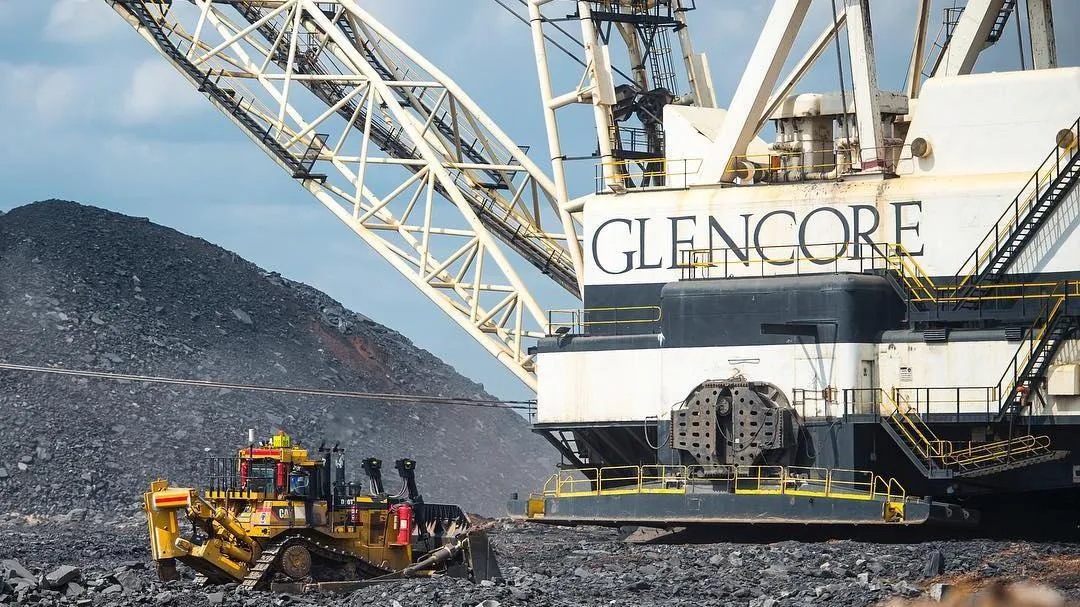Swiss-based commodities giant Glencore has agreed to pay approximately $152 million to settle a criminal investigation into bribery related to its business activities in the Democratic Republic of Congo (DRC). The case centers on a 2011 incident involving a Congolese public official and a business partner who allegedly bribed the official in connection with the acquisition of mining stakes.
The Swiss Attorney General's office found that Glencore had failed to implement adequate organizational measures to prevent the bribe. Although Glencore did not admit to these findings, the company has agreed not to appeal the summary penalty order issued by Swiss authorities.
The settlement includes a CHF$2 million ($2.3 million) fine and an additional $150 million in compensation, which reflects the estimated financial benefit obtained by Glencore’s business partner from the transaction. Notably, Swiss investigators did not find evidence that Glencore employees were aware of the bribery scheme, nor did they conclude that the company directly profited from the deal.
The bribery case is linked to the business partner's acquisition of minority stakes in two mining firms in the DRC from the state-owned mining company, Gecamines. According to Swiss authorities, these shares were purchased at a price "less than their value," raising concerns about the fairness of the transaction.
In a related investigation by Dutch prosecutors, the case was dismissed following the resolution of the Swiss probe. Glencore’s operations in the DRC include its Mutanda Mining subsidiary and the Kamoto Copper Company, a joint venture with Gecamines. The company has recently faced challenges in the region, with copper production falling by 9% and cobalt output dropping by 27% in the first half of 2024 compared to the previous year.
This settlement marks another chapter in Glencore's ongoing legal and regulatory challenges as the company continues to navigate the complex and often controversial landscape of global mining and trading.





















 We publish to analyze metals and the economy to ensure our progress and success in fierce competition.
We publish to analyze metals and the economy to ensure our progress and success in fierce competition.